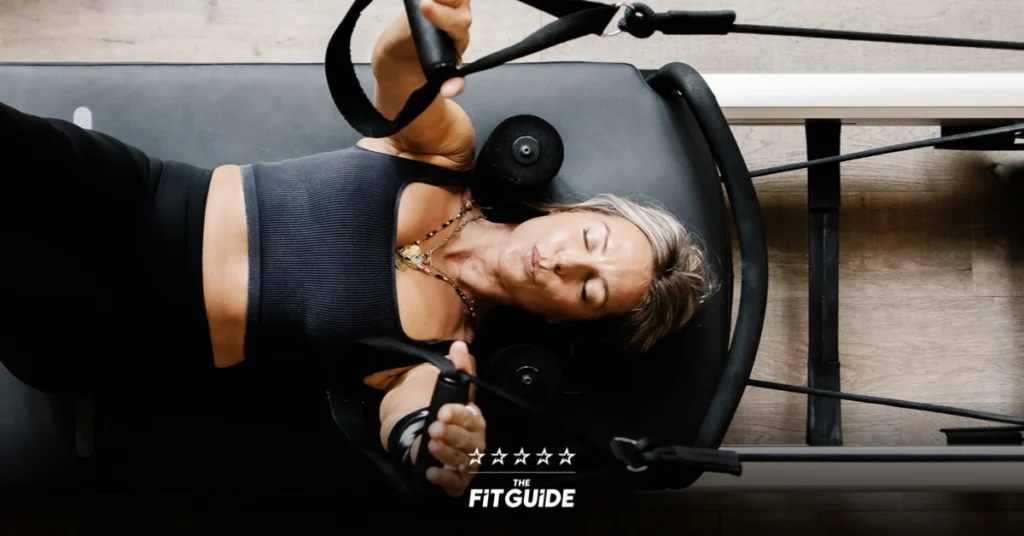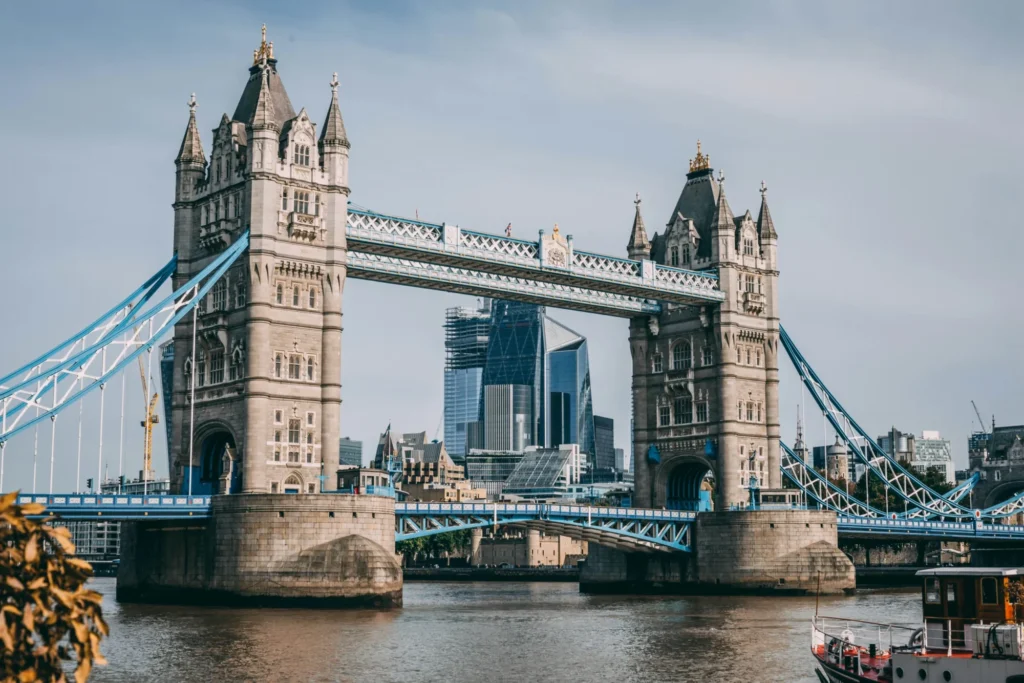The Fit Guide’s latest global rankings reveal a sharp fall for London boutique fitness. No five-star winners, slipping standards and a serious wake-up call. Here’s what’s driving the decline and how studios can course-correct
Boutique fitness in London is facing a reckoning. Once home to five of the world’s top-rated fitness clubs, the posh capital failed to produce a single five-star winner in this year’s Fit Guide. That marks a sharp contrast to cities like Los Angeles and New York.
Considered the “Michelin Guide for fitness,” The Fit Guide (TFG) conducts anonymous, data-driven evaluations of boutique gyms and studios across global markets. Clubs are scored against 250 objective criteria across five core categories: reception services, class experience, equipment and studio, public areas and digital technology.
London’s overall performance this year? Underwhelming. Class experience and pre- and post-class service, typically pillars of the premium boutique offering, both declined notably from 2024. But the results didn’t just reveal underperformance; they highlighted instability. According to TFG, even some of last year’s highest-scoring clubs in London have closed since its first report.

“It shows just how competitive and unforgiving this market has become,”TFG co-founder Jack Thomas tells Athletech News. “Strong branding and great design aren’t enough anymore. The experience has to deliver, day in and day out.”
Still, there were bright spots, as London clubs showed progress in several areas worth noting. Let’s take a closer look.
No 5-Star Awards for London in 2025
Last year, five London clubs earned The Fit Guide’s highest honor (the 5-Star Award), reserved for studios that deliver excellence across every step of the member journey. In 2025? Not a single club made the cut.
Still, some clubs held their ground. Eighteen studios earned The Fit Guide’s Award of Excellence, given to locations scoring above 80 percent overall and recognized for strong, consistent delivery across multiple categories.
Award of Excellence Winners:
1Rebel – Angel, High Street Kensington, Oxford Circus
Barry’s – London Central
BXR – Canary Wharf, City
F45 – Oxford Circus, Paddington
FS8 – Oxford Circus
Heartcore – Chelsea
House of Fitness – Old Street
KXU – Chelsea
Milo and the Bull – Clapham, London Bridge
SoulCycle – Notting Hill
Triyoga – Camden, Chelsea
UN1T – Southwark

But even among these standouts, scores for class experience (arguably the heart of the boutique model) dropped significantly. Front-of-house service also slipped, with fewer clubs meeting the expectations of a premium fitness experience, according to TFG.
“If boutique fitness is going to remain viable and profitable in London, clubs need to start thinking more like hospitality businesses,” Thomas advised. “It’s not just about workouts — it’s about how people feel at every step of the journey.”
Class Experience: A Few Standouts Remain
While no London club met the mark for a full five-star experience in 2025, some studios still impressed where it counts most: in the class itself.

Two clubs stood out enough to earn The Fit Guide’s 5-Star Class Experience Award, which recognizes excellence within the studio session:
House of Fitness – Old Street
UN1T – Southwark
Another 14 locations received the Class Experience Award of Excellence:
1Rebel – High Street Kensington
Barry’s – London Central
BXR – Canary Wharf, City
F45 – Oxford Circus, Paddington
Heartcore – Chelsea
House of Fitness – Old Street
KXU – Chelsea
Milo and the Bull – London Bridge
Oncore – Clapham Park Rd
SoulCycle – Notting Hill
Triyoga – Camden, Chelsea
UN1T – Southwark
The results reflect that, even in a challenging year, some instructors and training teams continue to deliver well-executed classes.
Personalization on the Rise
Despite its drop in rankings, London showed modest gains in personalization and staff engagement, two areas TFG says are often overlooked but essential for long-term success.

Personalization stood out as a bright spot, with front desk teams using member names in nearly half of all visits, up from just under 30 percent last year. Staff were also more likely to show genuine interest in clients, a small but encouraging jump from 21 to 30 percent. And when it came to post-class departure service, a subtle but memorable moment in the member journey, performance improved noticeably, rising from 46 to 55 percent.
“While there are definitely areas of concern, we did see some positive movement — particularly around personalization,” TFG co-founder Matt Lavender said. “Front desk staff are using names more often, and there’s a stronger effort to connect with members on a personal level. It’s a small but important shift in the right direction.”
TFG’s full 2025 London results and club ratings can be found here.



